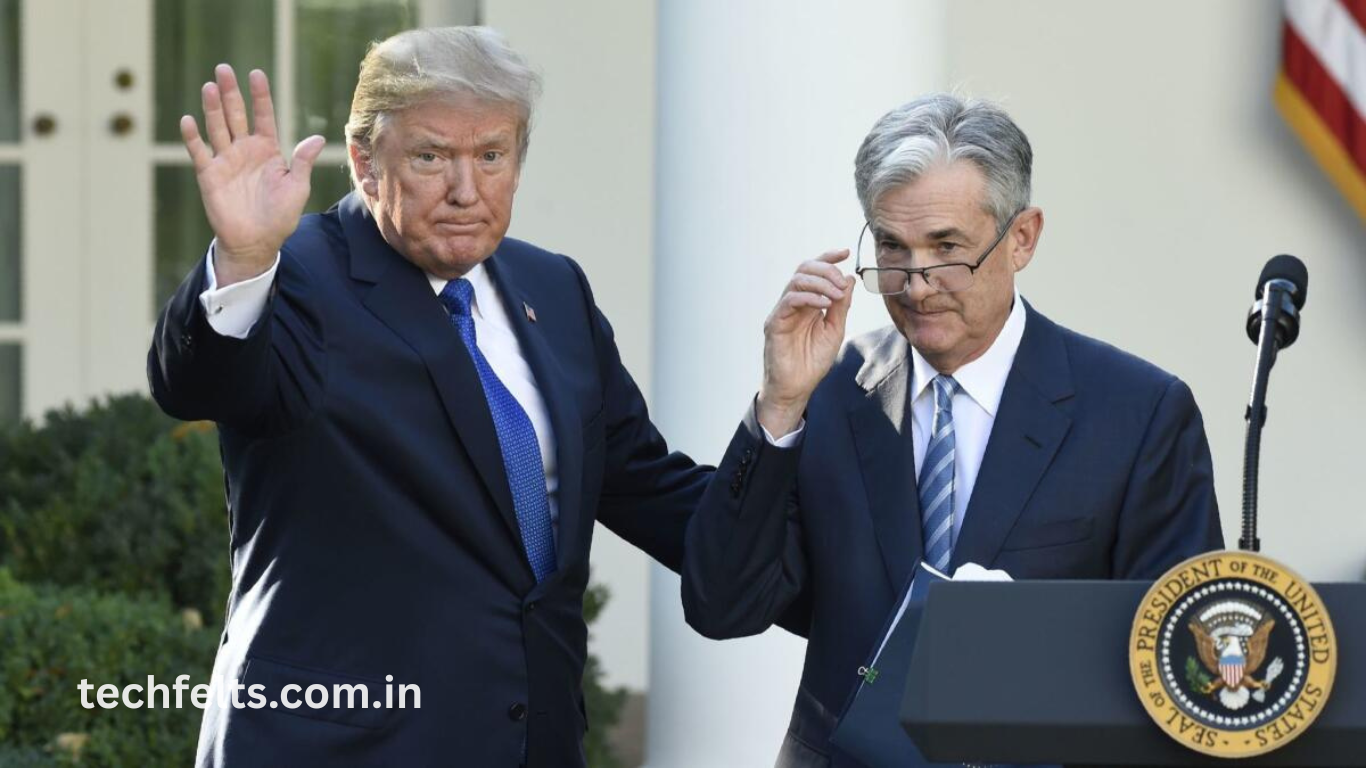In recent years, Donald Trump has made headlines for his frequent and vocal criticism of the US Federal Reserve, the country’s central bank. His attacks intensified during his presidency and have continued afterward, raising questions about his motivations and the impact on economic policy.
Trump’s dissatisfaction centers on interest rates, monetary policies, and what he perceives as the Fed’s resistance to supporting more substantial economic growth during his term. Understanding his criticisms requires a closer look at the relationship between political leadership and independent financial institutions like the Federal Reserve.
Trump’s Discontent With Interest Rates
Trump often criticized the Federal Reserve for keeping interest rates too high, arguing that lower rates would stimulate more significant economic expansion and help the United States compete with countries like China.
Belief in Stronger Economic Growth Through Easier Money Policies
Trump believes that a more accommodating monetary policy would drive faster GDP growth, higher stock markets, and more substantial job numbers, strengthening both the economy and his political position.
Clash Between Political Goals and Fed Independence
The Federal Reserve operates independently to avoid political influence, a principle Trump openly challenged. His criticisms highlight a broader debate about how much influence elected officials should have over monetary policy.
Accusations of Sabotaging His Presidency
At several points, Trump suggested that the Fed’s actions, particularly its rate hikes, were deliberately intended to undermine his administration’s economic achievements and harm his re-election chances.
Comparison With Other World Economies
Trump frequently pointed to other central banks, such as the European Central Bank and the Bank of Japan, that maintained low or negative interest rates. He argued that the US should adopt similar aggressive monetary strategies to stay competitive globally.
Read More : GMI Media- Transforming Digital Marketing Through Expert Solutions
Impact of Trump’s Criticisms on Public Trust
By publicly attacking the Federal Reserve, Trump fueled skepticism among some Americans regarding the institution’s motives and effectiveness, potentially affecting public trust in the country’s financial system.
Frequently Asked Questions
Why does Trump dislike the US central bank?
Trump believes the Federal Reserve’s policies were too restrictive and hurt economic growth during his presidency.
What specific policies did Trump criticize?
Trump mainly attacked the Fed’s interest rate hikes and its cautious approach to monetary stimulus.
Did Trump ever try to influence Federal Reserve decisions?
Yes, during his time in office, Trump publicly pressured the Fed to lower interest rates and ease monetary policy.
How did the Federal Reserve respond to Trump’s criticisms?
The Fed maintained its independence, emphasizing data-driven decisions rather than political pressures.
Has any other president criticized the Federal Reserve?
Yes, but Trump’s criticisms were far more frequent and public than those of most previous presidents.
What is the role of the US central bank?
The Federal Reserve manages monetary policy, regulates banks, maintains financial stability, and strives for full employment and stable prices.
Did Trump’s criticisms affect the Fed’s reputation?
Some analysts believe his attacks sowed distrust, while others argue that the Fed’s resilience reinforced its credibility.
What are the long-term effects of Trump’s feud with the Fed?
The long-term effects include heightened public scrutiny of the Fed and ongoing debates about its independence and transparency.
Conclusion
Donald Trump’s ongoing attacks on the US central bank reveal deep tensions between political ambition and institutional independence. His criticisms shaped public perceptions and sparked broader conversations about economic policy. As future leaders navigate similar tensions, understanding the Trump-Fed dynamic remains essential for anyone interested in American economics and politics.

